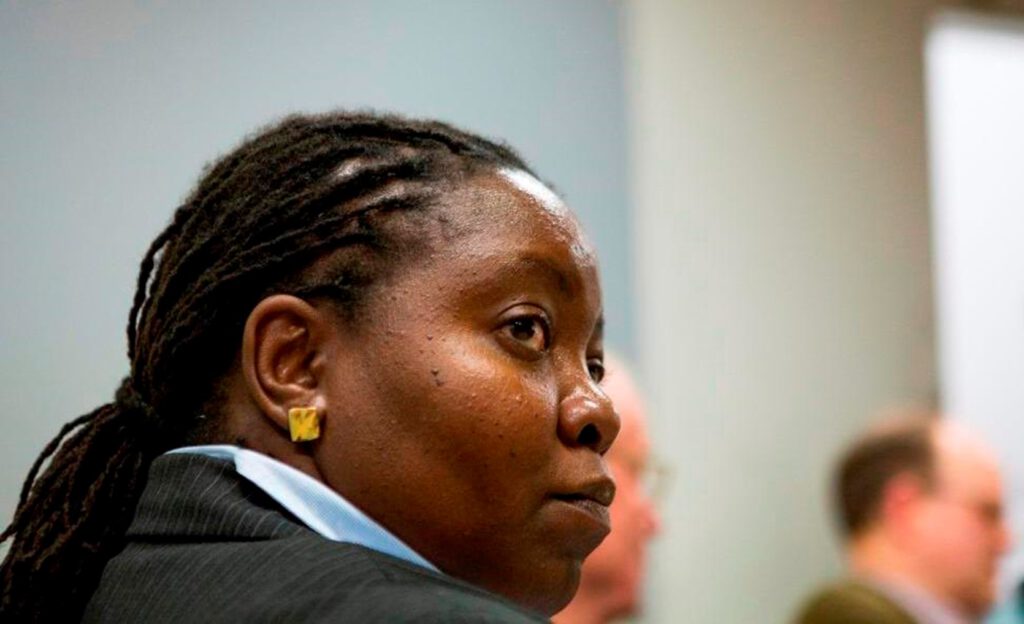Blog
Elizabeth Maloba on the Empowerment of Women in Africa
In an inspiring interview for the BMW Foundation, the GDL member Elizabeth S. Maloba talks about gender equality as part of the Sustainable Development Goals of the United Nations 2030 Agenda.
Elizabeth is part of a group of dynamic change makers who came together in the Gender Alliance to discuss gender-related topics, such as women and minority representation, in a safe and creative environment. It is a community for making contacts and sharing ideas, providing a space for constructive discussions, where participants aim to support each other’s personal projects.
In the interview, Elizabeth reflects on her broad range of experiences in several African countries by taking a critical look at her own past with regard to gender blindness. She shares her vision of an equal world free of pervasive stereotypes and ends with a powerful statement: “When it comes to gender inclusion, focus on making people feel included, accepted, enabled to contribute, and safe.”
If you want to learn more about the Gender Alliance, its members and their activities, you can read their manifesto here.
About the author:
Elizabeth Maloba works in cross-sectoral, trans-professional, multi-stakeholder settings, providing support in problem solving and decision making processes and facilitating learning and the exchange of ideas.
Published on August 24, 2020.
Photo credit: Marc Beckmann
